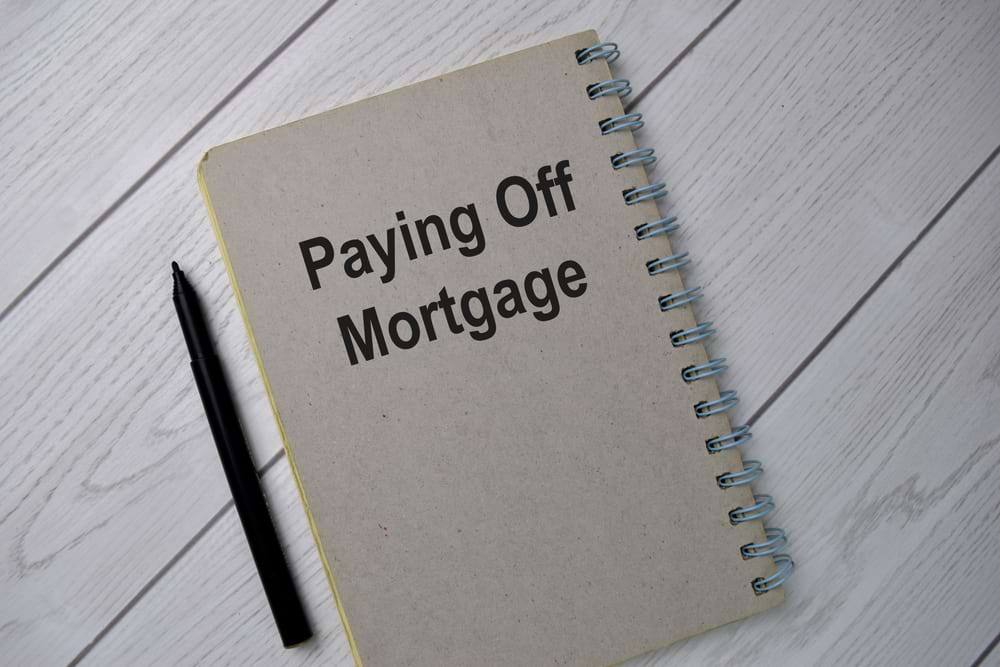When you are in a difficult financial position or need additional funds for your retirement, there are a range of options available.
In recent years, by far one of the most popular solutions has been to take out equity release.
Read on to find out more about what it is and how it works.
What is equity release?
Equity release is a way of accessing money that is tied up in your home.
Usually, you can only access this money when you complete the sale of your property. However, Equity Release enables you to unlock the equity without selling the home.
It can be received in a lump sum or in regular instalments.
The two types of equity release
As with the UK, there are two main types of equity release.
Home reversion
In home reversion, you will sell all (or part) of your house while you continue to live there. The reversion company receives part of the proceeds when the home is sold.
Lifetime mortgage
The lifetime mortgage method – and by far the most common – involves getting a loan against your house, which doesn’t get paid (via selling the property) until you die or move into long-term care.
What is equity release used for?
People get equity release can be used for a variety of purposes, such as:
- Retirement planning
- Supporting their children or grandchildren
- Funding long-term care
- Travel and holidays.
How does equity release work?
There will be several steps involved with the equity release process, including:
- Seeking out the relevant advice/information
- Submitting your application
- Getting your house valued – so you also know how much it would sell for
- Finding the right solicitor
- Completing and receiving your money.
From start to finish, the entire process usually takes approximately eight weeks, although this can vary.
Interest rates on lifetime mortgages currently start at around 5.5%, with the more costly deals at nearly 8%.
How do I know how much equity is in my home?
Wrapping your head around equity release can be difficult.
The actual equity of your home is just the difference between the market value and your outstanding mortgage. Many long-term homeowners find they are entitled to high equity as property prices have increased over the years.
Some examples can be seen below to help you better understand how equity works…
| Your home is worth… | Your outstanding mortgage is… | Your equity value is… |
| £650,000 | £0 | £650,000 |
| £400,000 | £50,000 | £350,000 |
| £400,000 | £200,000 | £200,000 |
| £350,000 | £200,000 | £150,000 |
Is equity release available to everyone?
At the time of writing, you can only successfully apply for equity release in the UK if you are over the age of 55.
Some of the ‘home reversion’ options require you to be even older, at 60 years old.
Equity release is only offered to people over 55, which limits the lender’s risk, as the loan is only repaid once you die or enter long-term care.
As an additional point, since the loan gathers compound interest over the years, it is possible that it could eventually go above the sale value of your property. This would be problematic for the lender.
If you are under 55 but want to unlock some of the cash in your property, you may need to explore alternative borrowing routes against the value of your home.
How much equity can homeowners take out?
Depending on the organisation(/s) you work with, the amount of equity you can take out varies.
However, most online sources indicate that 50% is the maximum value of your property that can be taken out. And even this amount is extremely rare.
In most cases, people stay below the 50% range and take out around 20% to 40% of the house value. After all, Equity Release can be done more than once, so nothing is stopping you from taking out more in the future.
The value of your property will impact the precise amount you can take out, how long you are likely to live after taking out the policy, and whether your house is eligible for the scheme.
The terms of the deal may also be impacted by:
- The type of construction used for the property
- Its condition
- The amount of debt secured against your house.
Advantages and Disadvantages of Equity Release
Advantages
One of the main advantages of Equity Release is that it enables you to access money that would otherwise be impossible to use without selling your house.
Therefore, you can continue living in (and majority own) your property while unlocking cash. When you are over 55, this can be ideal to fund retirement or long-term care.
Furthermore, if you take out a Lifetime Mortgage from someone who belongs to the Equity Release Council, there will be a ‘No Negative Equity’ guarantee. This ensures that you never owe more than your home is worth.
The money you receive will be tax-free, and you will still own your property.
Disadvantages
On the other hand, compound interest over the years can ‘roll up’, thus increasing your debt. An equity release can prevent you from taking another loan against your house.
There will also be other fees involved with taking out equity release.
Your solicitor and financial advisor will charge a fee, as will the lender. If you decide to pay off the debt early, you may also be forced to pay an ‘Early Repayment Charge’.
Lastly, equity release may affect your benefits, so you should speak to your financial advisor about whether this will happen. Weighing the effects will be a careful decision.
Selling a house, you’ve got equity release on
The terms of your Equity Release will determine what happens to any proceeds from the house sale.
You are required to repay the equity release loan, including any accrued interest, from the sale proceeds. This will reduce the amount you receive from the sale.
If you want to maximise your earnings from the sale, you can sell the house yourself—and plenty of people consider this solution.
For example, using a cash house buyer can make this achievable. You should do more research on this subject to ensure you feel comfortable with doing it yourself.
What are the alternatives to equity release?
Several other ways to increase your short-term cash, such as using your property.
Alternatives to get short-term cash include:
- Taking out a loan against your house
- Downsizing
- Moving to a more affordable area
- Using other assets, savings or investments
- Financial support from family or friends.
Whatever you decide to pursue, you must speak to a qualified financial advisor first, who can provide guidance specific to your circumstances.
You should also discuss the situation with your loved ones and anyone who will be affected by the decision so everything feels comfortable with it.
Things to think about
Equity release is a big decision. Your home, whilst a financial asset, is also a sentimental one too.
There’s a lot to think about before going forward with equity release and seeking the advice of a financial adviser, solicitor, or both is the perfect solution to ensure you make the right decision for you.
However, if you’ve decided it’s the right time to sell your house, don’t forget you get a house cash valuation with We Buy Any Home, and with us being cash house buyers, you can sell even faster!



















